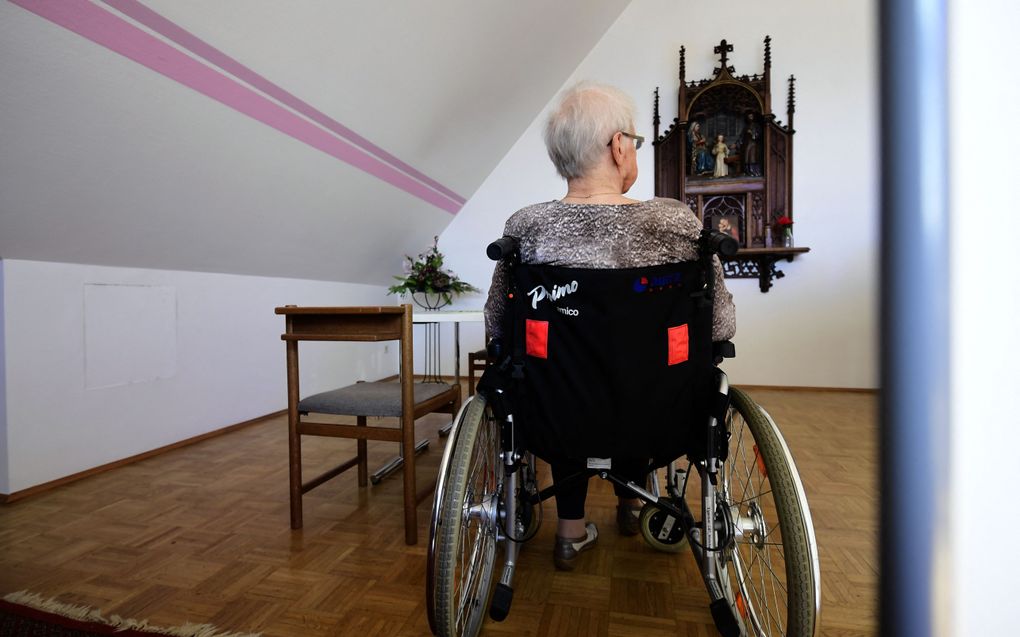German has prejudices about elderly people

Photo AFP, Ina Fassbender
Central Europe
Older people in Germany have a lot to deal with. A survey shows that Germans hold negative opinions about seniors. In addition, loneliness has increased among the older generation.
The Federal Anti-Discrimination Agency found that 53 per cent of the respondents to one of its studies found that older people did not contribute to social progress. That is reported by Evangelisch.de, based on information from RedaktionsNetzwerk Deutschland. About 50 per cent of Germans, therefore, think people should not be allowed to hold political offices after the age of 70 years. About a third of the respondents indicated that older people should give up any important professional and social role to make way for the younger generation, the Anti-Discrimination Agency stated during the presentation of the study on Thursday.
Furthermore, old people are criticised for not caring enough about climate change. About 40 per cent says that seniors let down the younger generation. Of that younger generation, 63 per cent agreed with that statement.
The study shows that clichés and stereotypes of older people are rooted deeply in society, says the Independent Federal Commissioner for Anti-Discrimination, Ferda Ataman. She worries that this has the potential for tensions between generations regarding issues like political participation and climate protection. Experts call the negative prejudices about old people “ageism.” That can lead to discrimination in work and everyday life, Ataman says. Age-based discrimination is illegal in Germany.
The Commissioner, therefore, pleads for strengthening the Equal Treatment Act and abolishing maximum age limits for voluntary work.
The study was conducted among 2,000 people aged 16 and over.
Dementia
Older people in Germany have become significantly lonelier during the Covid pandemic. Especially the age group of 60-69 years old and those who are older than 85 years old suffer the consequences of the pandemic, Evangelisch.de reports. Before the pandemic, 9 per cent of the first group felt alone. During the covid crisis, that percentage rose to 13.1.
Most people got more social contacts after the crisis again. Still, the increased loneliness continued to persist among the group that was older than 85 years. At the beginning of last year, 12.4 were classified as lonely, while this number was only 7.8 per cent in the summer of 2020 and even 3.5 per cent in 2014.
Loneliness can even lead to health problems, such as depression, dementia, substance abuse and cardiovascular diseases, the Ministry of Family Affairs, which was behind the survey, stated.
Related Articles






